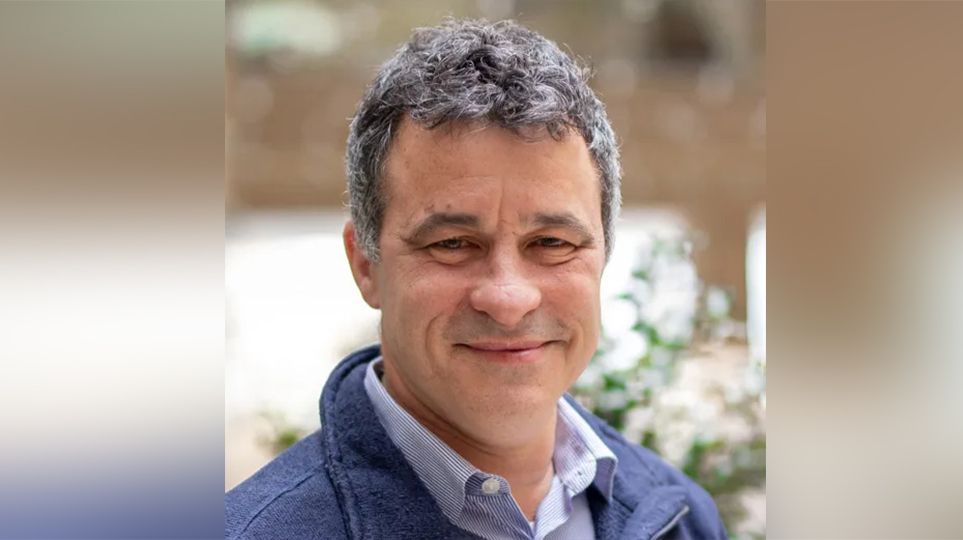Voluntary carbon markets have been a hot topic over the past year since announcements at COP27, and integrity in the area is starting to become more of a focus. Here VCMI executive director Mark Kenber updates ESG Clarity on progress in the market, why investors should look out for the Global Stocktake, and what he hopes will come out of this year’s conference.
With announcements from IOSCO and others making headlines at COP27, voluntary carbon markets seemed to play a big role in last year’s negotiations. What role do you think they will play at COP28?
If COP28 is to reflect current conversations around climate action, voluntary carbon markets and finance must be seen both as a key part of the broader – and significantly larger – flows of capital that are needed for greenhouse gas mitigation, especially in developing economies, and a way for companies to go above and beyond their existing commitments and obligations and contribute more fully to meeting the goals of the Paris Agreement.
The COP28 Presidency recognises this and has made activating and scaling high-integrity voluntary carbon markets one of its priorities outside the formal negotiating track.
Now, however, is the moment for us collectively to show companies that there is a coherent joined-up framework for them to follow and demonstrate how this all works in practice. I expect both of these to be showcased at COP28.
We’ve also seen the tightening up of VCMs since then. What do investors need to consider when thinking about this area?
Integrity is crucial in voluntary carbon markets, which have been questioned a lot in the past 12 months. Criticism often focuses on the viability of various initiatives.
Despite this, there has been huge progress. VCMI’s Claims Code of Practice will be launched in June, with further guidance later in the year. This will guide purchasers on how to make transparent and credible claims about their use of carbon credits.
In addition, ICVCM’s Core Carbon Principles set a global benchmark for the supply of high-integrity carbon credits; the assessment framework for the carbon crediting programmes – the Standards – was published in March while the framework for assessing specific project categories is due to be released in June.
The Science-Based Targets initiative is also doing valuable work in providing methods to establish scientific baselines for emissions reduction pathways, which will further boost integrity. The goal of these organisations is to grow the size and integrity of the VCM so that it makes a significant, measurable, and positive contribution to achieving the Paris Agreement goals while also promoting inclusive, sustainable development.
What should investors be on the look out for at COP28 this year?
Expect big discussions and debate. Most important will be the Global Stocktake, a global scientific assessment of whether the actions currently being taken are sufficient to put us on track to meet the goals of the Paris Agreement. It will indicate there is a lot more work to do.
The global community should also watch out for conversations around Article 6 and the UN’s Triple-C project, as well as emerging consensus about the role of carbon credits and the claims that companies make about their use. These are complicated topics, but will be worth following as we collectively work to ensure the market’s integrity and momentum grows.
What do you hope will come out of the discussions at this year’s COP and what do you realistically think will be achieved?
COP28 must put collective responsibility at the heart. It was positive to see greater focus on the Global South at COP27, which saw the launch of the African Carbon Markets Initiative. COP28 needs to ramp up the momentum on this, underscoring the need for collective responsibility and outlining how different players can collaborate to address integrity across the carbon value chain.
My hope for COP28 is that the Global South is empowered to participate in high-integrity VCMs that support their net-zero development strategies and that the VCM ultimately becomes more transparent, equitable and accessible as it delivers significant global emissions reductions. Discussions must include those who create and buy the credits, but also the communities that work on and/or are affected by the projects. The Indigenous groups who are rooted to the ground can provide powerful voices in the climate action narrative and need to be consulted in decisions.








